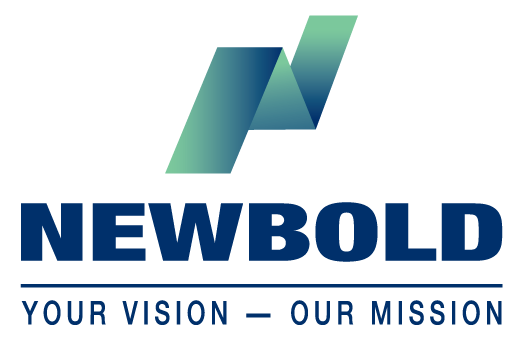Long-Term Money and Sustainability
This is the last of three articles in Newbold’s Fifteenth Anniversary Series by the company’s founding partners.
As you might have read in Dan’s blog, Newbold was started opportunistically and long-term sustainability wasn’t a big concern of ours because we were enjoying such short-term success—silly, right?
It was probably five years into our evolution when we realized we could keep this thing going for years. That’s when we started thinking long term. But of course, a long-term commitment involves investment. We toyed with the idea of outside investors but knew that we’d have to give up control.
Not long after that we were approached by a Fortune 100 company and coincidentally a week later a Big 4 consulting firm both who wanted to acquire us. The lure of a big pay day was enticing. The lure of working for someone else not so much. We were enjoying working with our clients and creating wealth for our employees too much to have someone take it from us. We knew that without investors or acquirers it was up to us to create a sustainable company and become long-term money. So, we passed on both offers—zero regrets.
Long-term money implies a lot of things. In its simplest form, it implies dollars earned today are decked against a plan or vision. Self-funding ensures the management team always puts Newbold first. Thus, all opportunities are risk weighted, new employees are carefully scrutinized to ensure they could buy into the vision of keeping Newbold successful, Personal success only comes when Newbold is successful and sustainable. We don’t have the luxury of making bad decisions.
Don’t confuse sustainability with growth. Sustainability is important for growth, but it’s also important in down years for survival. The mortgage business is particularly cyclical, witness 2020. The interest rate cuts drove record loan applications. Companies struggled to keep up, they couldn’t hire fast enough. What will happen in 2021 with a rate raise? Pretty sure we’ll see massive layoffs, seen it in 2013, we’ll probably see it again. Newbold’s been architected in such a way that it could flex up and down with minimal interruption to our staff. Our back office is lean, very lean. Everyone is cross trained, thus our exposure to peaks and valleys are minimized. Essentially, we are staffed to the min not the max.
Culturally we place a high value on corporate citizenship. For instance, all employees are on our morning recruiting calls, not just recruiters—everyone. Because we’re in the people business, recruiting is everyone’s job. If you’ve been in the business long enough, especially on the mortgage side, you probably know a thousand people, and they probably know a thousand people. We started leveraging our networks in 2006 and we’ll continue to do that going forward. Outside our network we rely on our recruiters who are experts in recruiting methodology and candidate management. Our recruiters talk to thousands of people a year. If you need a purple squirrel our recruiting team will find them (a purple squirrel is a personnel order that has requirements that are not normally found in a single candidate, e.g., a commercial banking business analyst who can also code in C and lives in Des Moines. Or more recently, a Cobol programmer any Cobol programmer!
Corporate citizenship also requires a deep respect for each other. I’m proud how our very diverse team spread out across the country truly enjoy each other’s company.
So, what does the future hold for Newbold? Well…we’ve built this great platform, so we are going to continue to leverage it to:
- Bring insight and excellent service to our clients
- Grow smart and responsibly
- Focus on employee satisfaction, and continue to invest in our diversity to identify tomorrow’s leaders
- Pivot when necessary to ensure sustainability
Hopefully these three blogs were informative and gave you a better picture of Newbold and how we operate. None of this would’ve been possible had we not had clients who took a shot with us and the employees who continue to take the ride with us.
Talk to you again in 15 years…Tim
